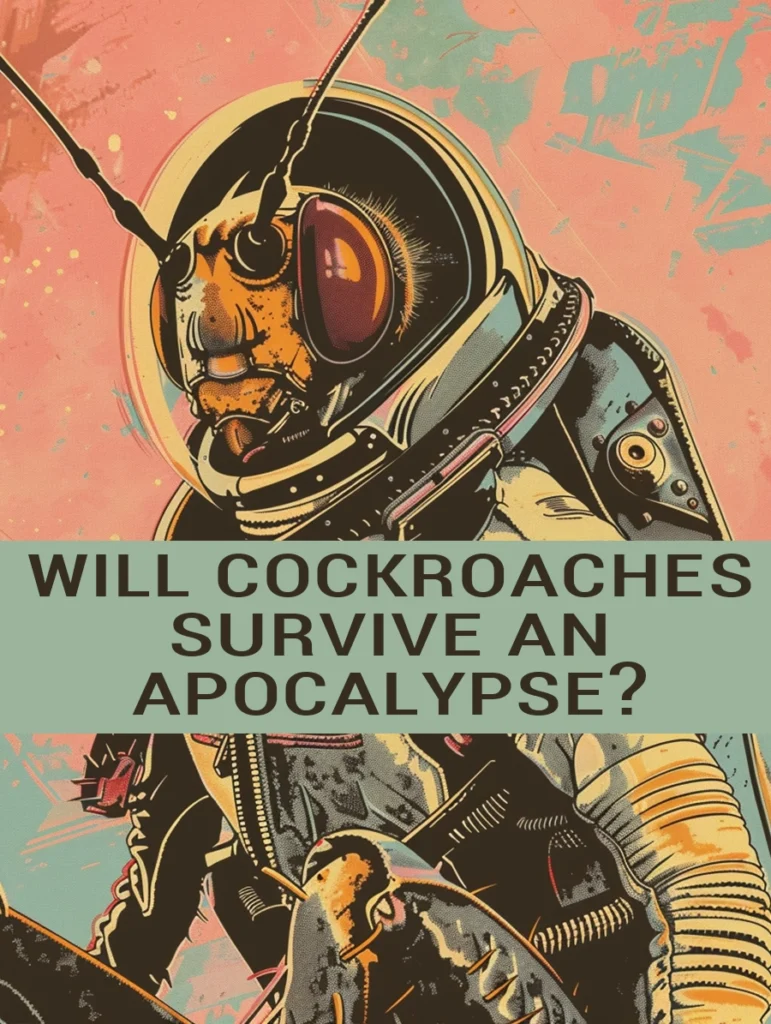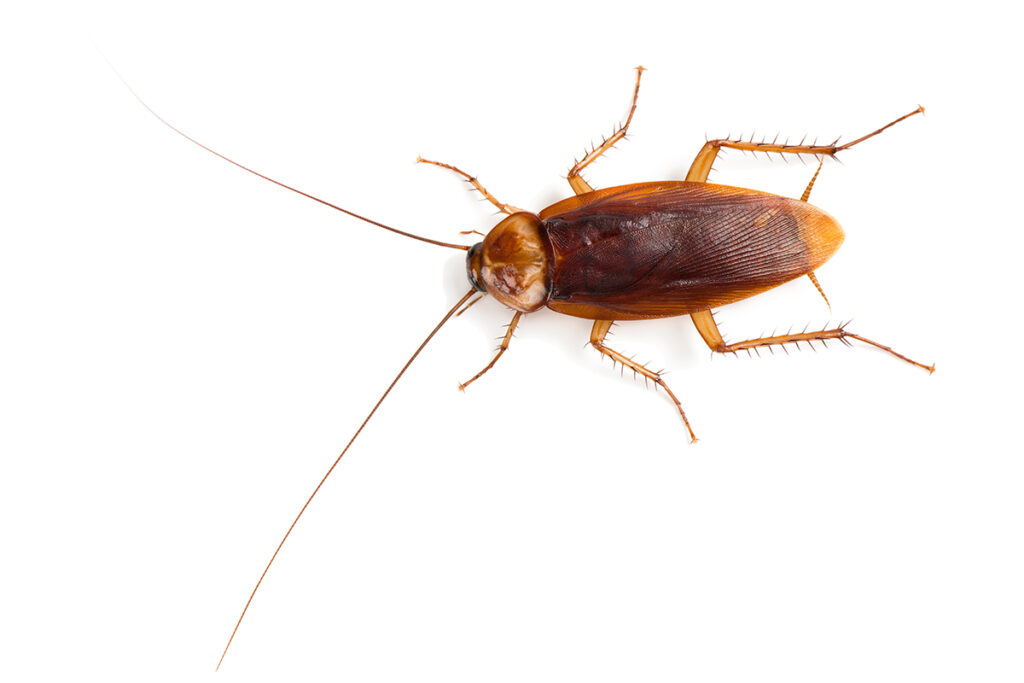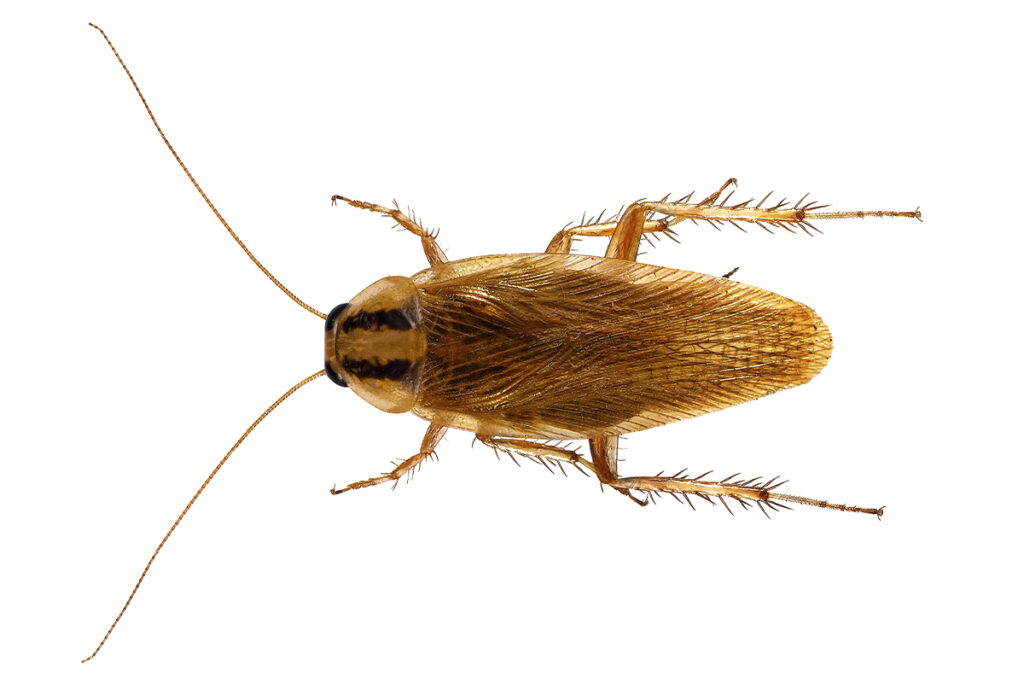
Will cockroaches survive an apocalypse?
Cockroaches. Just the mention of these resilient creatures can send shivers down the spine of the bravest among us. Often associated with filth, they have earned a notorious reputation as survivors, capable of enduring the harshest conditions nature throws their way. But what is the truth? Will cockroaches truly stand the test of time, even in the face of an apocalypse?
The Resilience of Cockroaches
Cockroaches, members of the order Blattodea, have been around for millions of years, evolving alongside dinosaurs and witnessing the rise and fall of civilizations. Their resilience is legendary, and for good reason. These little suckers possess a remarkable ability to thrive in diverse environments, from rainforests to cities. But what makes them so resilient?
One key factor is their ability to survive on almost any organic matter, from crumbs in your kitchen to decaying plant material in the wild. This versatility ensures that cockroaches can find sustenance even in the most inhospitable environments. Additionally, they have a high reproductive rate. Some species are capable of producing hundreds of offspring in a single year. This rapid reproduction allows them to quickly replenish their numbers, ensuring the survival of the species in the face of adversity.
Furthermore, cockroaches are equipped with a robust immune system that enables them to withstand diseases and pathogens that would be fatal to other organisms. They are also highly resistant to radiation, with studies showing that they can survive exposure to levels that would kill a human several times over. This resilience to radiation has led scientists to consider cockroaches as potential candidates for space exploration, highlighting the extent of their adaptability.

Adaptations for Survival
In addition to their physiological resilience, cockroaches possess a range of adaptations that further enhance their survival chances. One adaptation is their ability to go into a state of suspended animation, known as diapause. This is a response to adverse conditions such as extreme temperatures or food scarcity. During diapause, cockroaches reduce their metabolic rate and become dormant, conserving energy until conditions improve.
Furthermore, cockroaches have a remarkable ability to squeeze into tight spaces, thanks to their flattened bodies and flexible exoskeletons. This enables them to seek refuge in crevices and cracks, away from predators and environmental hazards. They are also adept climbers, able to scale vertical surfaces with ease.
Another fascinating adaptation is their ability to regrow lost limbs. If a cockroach loses a leg in a confrontation with a predator, it can regrow a new one through a series of molts. This remarkable ability not only helps them survive injuries but also ensures their continued mobility and ability to forage for food.

Challenges and Threats
Despite their formidable resilience, cockroaches are not invincible. They face numerous challenges in their quest for survival, including habitat loss, pesticide exposure, and competition from invasive species. Urbanization, in particular, has led to the destruction of natural habitats and the proliferation of human-made environments where cockroaches thrive.
Pesticides, while effective at controlling cockroach populations in the short term, can lead to the development of resistance over time. As cockroaches adapt they become increasingly difficult to eradicate, posing a persistent problem for pest control efforts.

Furthermore, invasive species such as the German cockroach (Blattella germanica) have outcompeted native species in many regions, leading to declines in biodiversity and ecosystem stability. These invasive pests are highly adaptable and reproduce rapidly, making them difficult to control once established.
The Future of Cockroaches

So, will cockroaches survive an apocalypse? The answer, it seems, is a resounding yes. With their remarkable resilience, adaptability, and survival instincts, cockroaches are likely to outlast many other species in the event of a cataclysmic event. However, their continued survival is not guaranteed, as they face ongoing threats from human activities and environmental changes.
The cockroach stands as a testament to the power of adaptation and resilience in the face of adversity. While their presence may evoke fear and disgust in many, there is no denying the awe-inspiring capabilities of these ancient creepy crawlies.
As we contemplate the potential outcomes of an apocalypse, we can either be pleased or spookified in the knowledge that the cockroach will likely be among the survivors.










